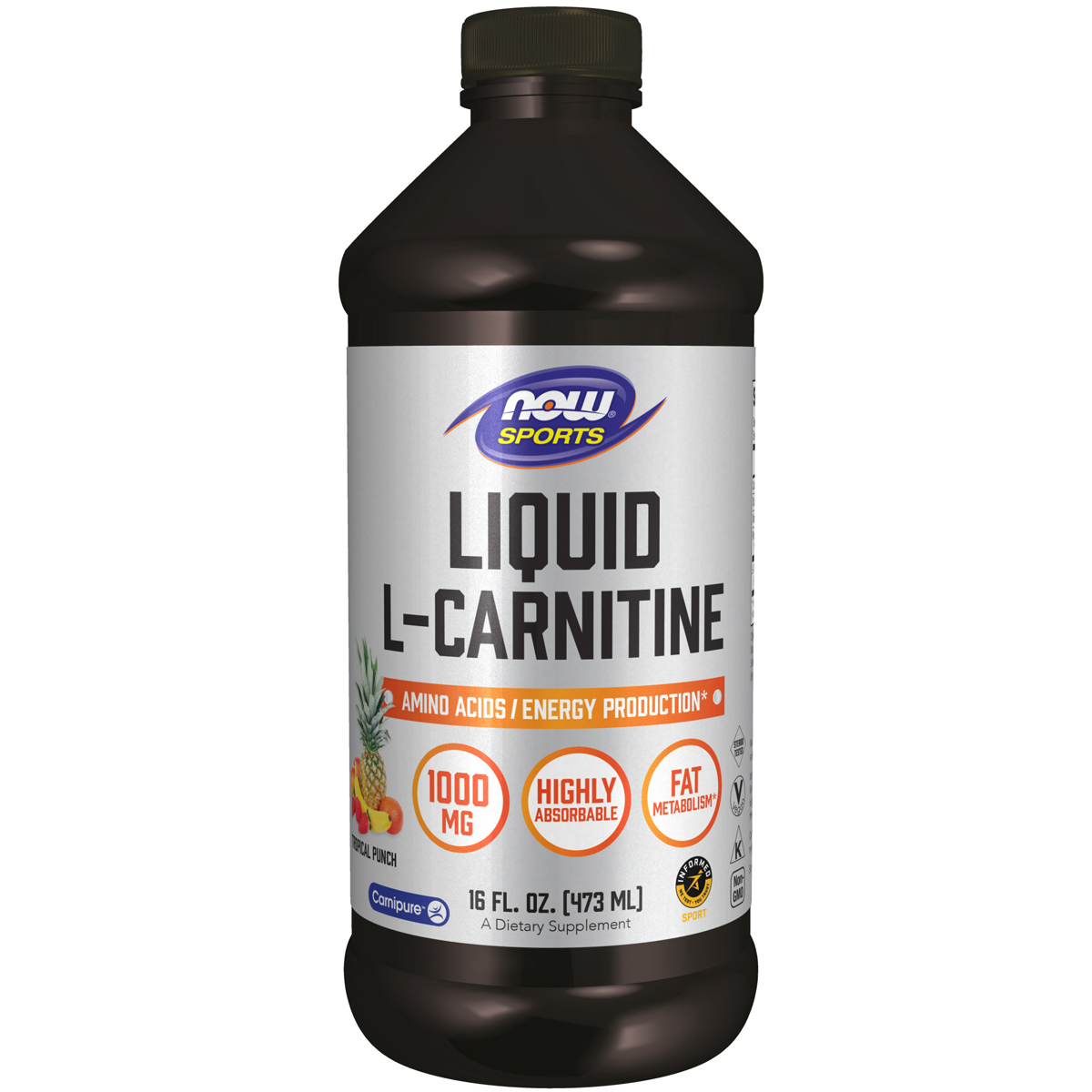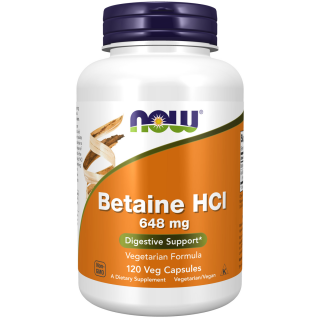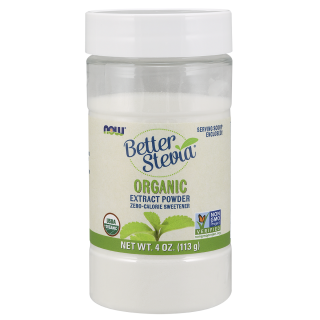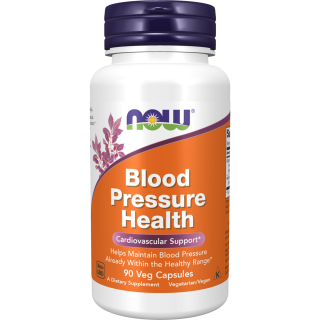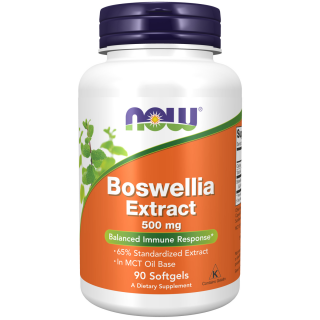L-Carnitine Liquid, Tropical Punch Flavor 1,000mg 473ml
What is L-Carnitine?
OW® L-Carnitine Liquid has all of the properties of carnitine in a highly absorbable liquid form. L-Carnitine is a non-essential amino acid that helps to maintain overall good health by facilitating the transfer of fatty acid groups into the mitochondrial membrane for cellular energy production. It naturally occurs in red meat and other animal-source foods, but NOW recommend supplementation to obtain optimal levels of this excellent amino acid. NOW® L-Carnitine is the purest form, clinically tested, and vegetarian (non-animal sourced). Carnipure® offers purest L-Carnitine and is a registered trademark of Lonza Ltd, Switzerland and is supported by numerous studies.
Supplement facts
Serving Size: 1 Tablespoon (15ml)
Ingredients (per serving):
L-Carnitine (Carnipure®)
(Free-Form Base) 1 g (1,000 mg)
Calories 15
Total Carbohydrate 4g
Vitamin B-6 (from Pyridoxine HCl) 2 mg
Pantothenic Acid
(from Calcium Pantothenate) 10 mg
Other Ingredients: De-ionized Water, Vegetable Glycerin, Malic Acid, Citric Acid, Natural Flavours, Potassium Sorbate (as preservative) and Organic Stevia Leaf Extract (Enzyme-Modified Steviol Glycosides).
Suggested Use:
Shake well before using. Take 1 tablespoon daily, preferably on an empty stomach. Store in a cool, dry, dark place after opening.
Caution: For adults only. Consult physician if pregnant/nursing, taking medication (especially thyroid hormones or anticoagulant medications), or have a medical condition, including thyroid disease. Keep out of reach of children.
SOY FREE– NON-GMO – VEGAN/VEGETARIAN – MADE W/O GLUTEN – DAIRY FREE – EGG FREE – KETO FRIENDLY – KOSHER
Benefits
- 1,000 MG
- Highly Absorbable
- Fat Metabolism
- Supports energy levels and cardiac function
Additional Information
About L-Carnitine:
L-Carnitine is synthesized in the body from the amino acids lysine and methionine and plays a critical role in energy production by transporting long-chain fatty acids into mitochondria, our cells’ “power plants,” for energy production. Energy production results in toxic metabolic byproducts. L-
Carnitine helps to transport these materials out of mitochondria, preventing their
accumulation.
Research suggests that as we age, carnitine levels decline, which may lead to a reduction in the integrity of the mitochondrial membrane and deterioration of mitochondrial function. Loss of optimal mitochondrial function is believed to contribute to the aging process. The heart runs primarily on energy produced from fat; consequently, Carnitine is highly concentrated in cardiac tissues and may help to support normal cardiac function.
Related products
-
Buy product
What are Adam Softgels?
Adam multi-vitamin softgels are easier to swallow and are formulated for better GI tolerability. They contain herbs and nutrients to support men’s health. -
Buy product
What is Betaine HCl?
648 mg Vegetarian Formula. NOW® Betaine HCl is formulated to support proper digestive conditions in the stomach. Hydrochloric acid (HCl) is normally produced in the stomach, where it assists protein digestion by activating pepsin, helps to maintain a healthy balance of gut flora, and stimulates the release of intestinal enzymes. Pepsin is a protease produced in the stomach that partially breaks down proteins in foods. HCl production tends to decline with age, so supplementing with HCl and pepsin may help to maintain normal digestive function. This product uses a vegetarian acid-stable protease with activity equivalent to that of animal-derived pepsin. Natural colour variation may occur in this product -
-
Buy product
What is Blood pressure Health?
NOW® Blood Pressure Health combines two botanicals widely known to support healthy cardiovascular function. MegaNatural®-BP™ is a patented and clinically tested Grape Seed Extract standardized for Polyphenols. MegaNatural®-BP™ has flavonoids that can support healthy arterial function and may help support normal blood pressure already within the healthy range. In addition, NOW has included a standardized Hawthorn Extract for free radical protection and cardiovascular support.* Natural color variation may occur in this product -
Buy product
What is Boswellia Extract?
NOW® Boswellia Extract is a standardized extract of Boswellia serrata, also known as Frankincense, a resinous botanical that has been used for centuries by traditional Ayurvedic herbalists. The bioactive constituents of Boswellia, Boswellic Acids, have been shown in scientific studies to affect key enzymes involved in the maintenance of healthy tissues. Through these mechanisms, Boswellia may help to support the immune system’s balanced response to the typical wear and tear of everyday life.What is Boswellia Extract?
NOW® Boswellia Extract is a standardized extract of Boswellia serrata, also known as Frankincense, a resinous botanical that has been used for centuries by traditional Ayurvedic herbalists. The bioactive constituents of Boswellia, Boswellic Acids, have been shown in scientific studies to affect key enzymes involved in the maintenance of healthy tissues. Through these mechanisms, Boswellia may help to support the immune system’s balanced response to the typical wear and tear of everyday life.

